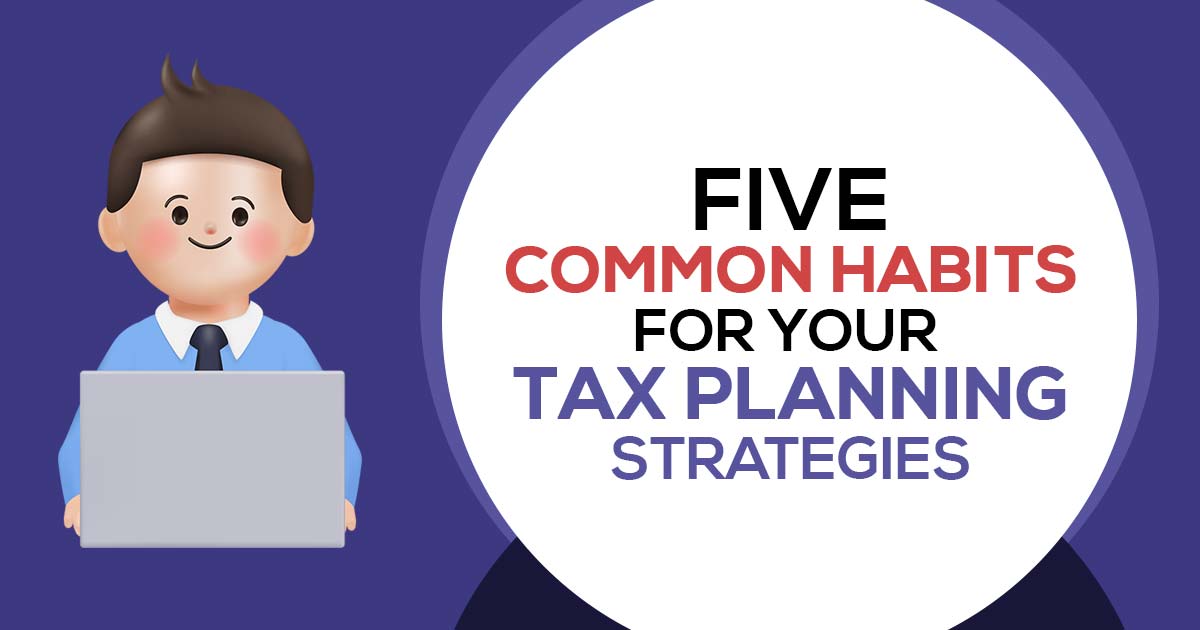Strategic Tax Planning: Maximizing Your Financial Efficiency


Strategic Tax Planning: Maximizing Your Financial Efficiency
Tax planning is a critical component of financial management, allowing individuals and businesses to optimize their tax liabilities and retain more of their hard-earned money. This article explores various tax planning strategies to help you make informed decisions and maximize your financial efficiency.
Understanding Your Tax Situation
The foundation of effective tax planning is a thorough understanding of your current financial situation. This includes assessing your income, expenses, investments, and potential deductions. Knowing where you stand financially provides the basis for implementing strategic tax planning strategies.
Utilizing Tax-Advantaged Accounts
One key strategy in tax planning is taking full advantage of tax-advantaged accounts. This includes contributions to retirement accounts such as 401(k)s or IRAs. Contributions to these accounts often offer tax deductions, and the earnings within the accounts can grow tax-deferred until withdrawal, providing a valuable long-term tax advantage.
Strategic Timing of Income and Expenses
Timing plays a crucial role in tax planning. By strategically timing when you receive income or incur deductible expenses, you can optimize your tax liability. For example, deferring income to a lower tax year or accelerating deductible expenses can help minimize your overall tax burden.
Leveraging Tax Credits and Deductions
Explore available tax credits and deductions to reduce your tax liability. Tax credits, such as the Child Tax Credit or Education Credits, directly reduce the amount of taxes owed. Deductions, on the other hand, lower your taxable income, potentially moving you into a lower tax bracket.
Investing Tax-Efficiently
Investment decisions can have significant tax implications. Opt for tax-efficient investment strategies, such as holding investments for the long term to benefit from lower capital gains tax rates. Consider tax-loss harvesting to offset gains with losses and minimize your taxable investment income.
Employing Business Tax Planning Strategies
For business owners, effective tax planning involves various strategies. This includes optimizing business structures for tax efficiency, taking advantage of available business tax credits, and implementing strategies to manage taxable income. Working closely with a tax professional can help navigate the complexities of business tax planning.
Maximizing Charitable Contributions
Charitable giving can be both a generous act and a tax-efficient strategy. Contributions to qualified charitable organizations may be deductible, reducing your taxable income. Explore opportunities to maximize your charitable impact while benefiting from potential tax savings.
Planning for Estate Taxes
Estate taxes can significantly impact the transfer of wealth to heirs. Strategic estate planning, including the use of trusts and gifting strategies, can help minimize estate taxes. Regularly review and update your estate plan to align with current tax laws.
Staying Informed About Tax Law Changes
Tax laws are subject to change, and staying informed about updates is crucial for effective tax planning. Regularly review changes in tax legislation to understand how they may impact your financial situation. Consult with a tax professional to ensure you’re adapting your tax strategy to current laws.
For more information on Tax Planning Strategies, visit greatblogabout.org. Strategic tax planning is an ongoing process that requires careful consideration and adaptation. By implementing these tax planning strategies, you can navigate the complexities of the tax code and work towards maximizing your financial efficiency.







